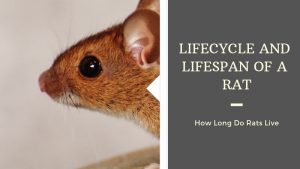Bundles of floof or aloof demigods, cats have come a long way from the fierce predators from centuries ago. And while the domesticated felines are still as aggressive and quick with their hunting skills, they have adapted themselves to accept human touch and integrate themselves seamlessly into our lives. With enough motivation, and under the right circumstances, almost every cat will kill a mouse when it gets the chance. Here are a few ways in which you can control the pesky pests from invading your home using your cuddly feline friends.
Can Mice Sense Cats Around?
The best thing about having a cat in the house is, how their mere presence keeps the mice far away from your space. Mice will only build their nest in a place where they feel safe and secure- the walls, the attic, the ceiling, the cracks and corners of the rooms are ideal infestation spots for these pests.
With a cat around, the rodents will feel constantly threatened and hence avoid your house. But what is it about cats that scare the mice away? A common question that most readers often ask us is – can mice really smell cats?
Well, scientific studies have discovered that the mouse does detect specific proteins in the cat saliva and urine that stimulates its vomeronasal organ. The scent acts as a catalyst, releasing hormones that cause the mice to detect danger, thereby triggering the flight response.
Does Having a Cat Really Keep Mice Away?
The mice problem can escalate pretty fast if left undetected for long. Don’t ignore the small signs of mice infestation such as scratch marks and rat droppings on the floorboards, chewed clothes, books and the squeaking sound at the odd times of the night. Mice reproduce at an exponential rate, they can build quite a colony in but a few days.
Now, you can either take care of the problem yourself or call in the professionals if the situation gets out of hand. A cat is just one of the several ways in which you can control a mice infestation in the property. However, a cat in the house doesn’t guarantee an absence of rats. Most domesticated cats are either uninterested or incapable of reaching the narrow nesting areas. You will have to get a hunter cat for the job, and we will help you find one.
What Makes a Good Hunting Cat?
Now while all cats are usually born hunters, not all breeds are suitable for mouse hunting. Here are a few defining features of an ideal hunting cat that you should look for.
Breeding
The breeding and behavior of the cat are a sure-shot tell-tale sign of his hunting capabilities. Strong predators are extremely of their surroundings, great at tracking things and have super powerful senses. Playing with a cat (either with a string or a laser) can be a good way to hone their hunting skills.
Origin
The origin of the cat doesn’t really play a major role. However, being aware of the origins of the cat does help you deal with it better. For instance, if your cat comes from a shelter or a rescue house, you will have to be extra patient and caring to make the animal comfortable to human touch.
Demeanour
The personality and body language of the cat in question speaks volumes about his capability as a hunting cat. Most cats are aware of their surroundings, curious about the things around them and always on the alert. Some of the signs of intuitiveness can be a movement of the tail, constant swiveling of the ears and rapid movement of eyes to spot the target.
Best Breeds of Hunting Cats
Listed below are some of the top breeds that you are acknowledged for their hunting skills.
American Shorthair
The American Shorthair is a favorite breed among cat lovers. Known for their affectionate behavior and adaptable personality, these felines also possess efficient hunting abilities. The breed was relocated from Britain to the US and was used to keep the rodents out of the stores and homes.
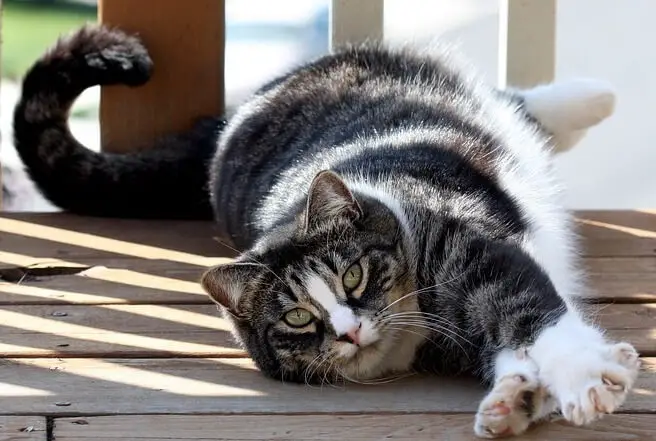
Maine Coon
Maine Coon, a breed that is almost as old as the US, has been a popular mouser for a long time now. These cats are recognizable by their water-proof fur and can move well in water. In fact, these cats were originally domesticated to keep the mouse infestations in check aboard and were brought to land through sailing ships.
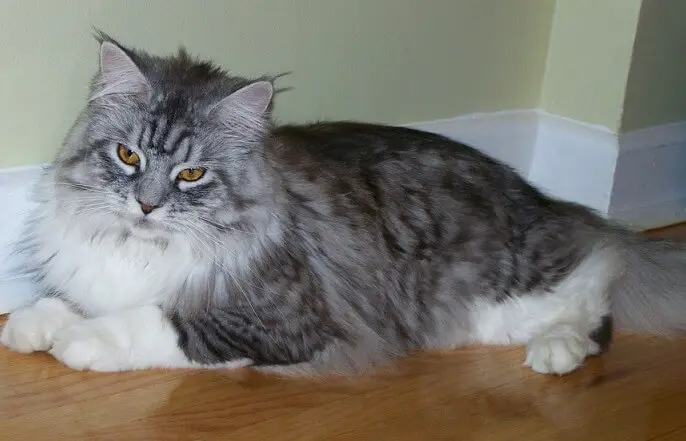
Siberian
Siberian cats are pretty huge and furry, weighing up to 20 pounds. The breed cannot be relocated to most places and can survive only in cold temperatures. Also, don’t be fooled by their size. The Siberian cats are known to be among the most active, agile breeds in the world and are excellent at catching mice.
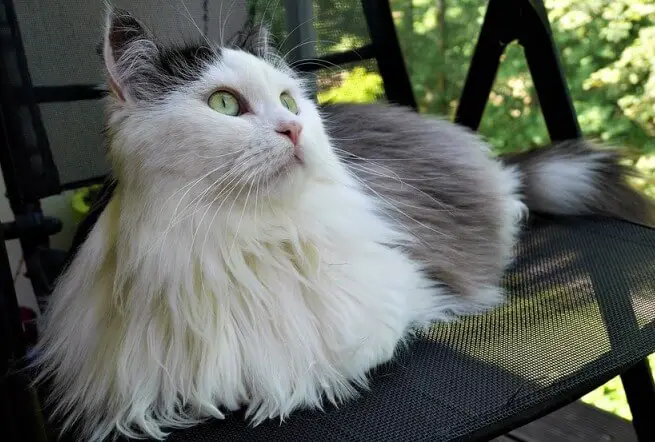
Siamese
Siamese cats have always been a part of the Thai royalty. This breed is used to a life of luxury and can be slightly expensive to maintain. However, these cats are excellent hunters and have been used for their mouse hunting skills in monasteries, hillside cottages, and even urbane apartments.
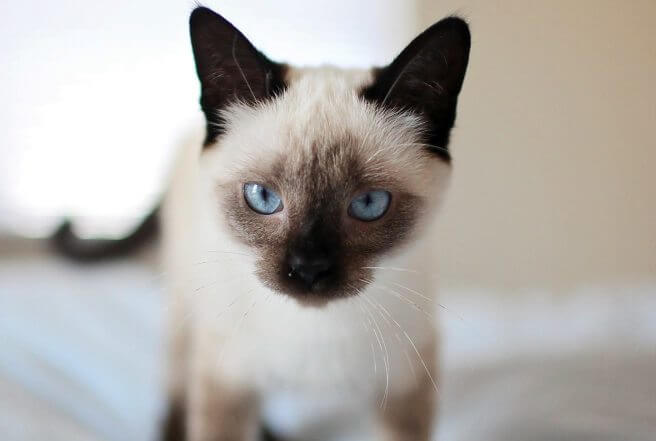
Burmese
Burmese cats are among the most adaptable breeds on our list. These cats can thrive in apartments, bookstores, and even offices – as long as they get their meals on time. They are skilled hunters with sharp senses and a very intelligent, intuitive personality. Plus, Burmese cats love human company and can be a joy to be around.
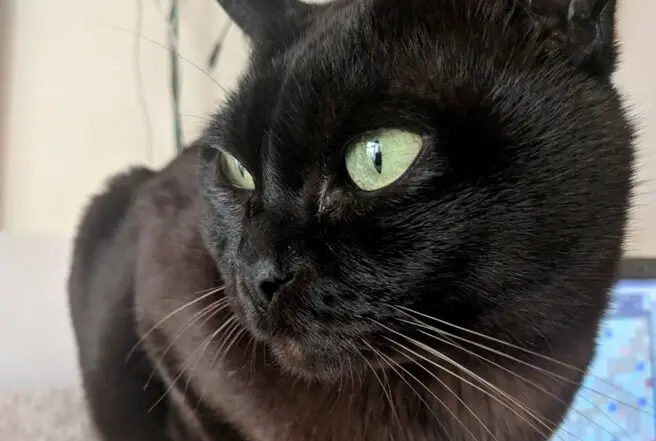
Manx
Manx is a breed that is usually found in the Isle of Man, a strip of land between England and Ireland. This breed is trained to hunt for pests both on ships and on land. You can also find the Manx cats in farms and country houses to reduce the rodent population and protect the crops.
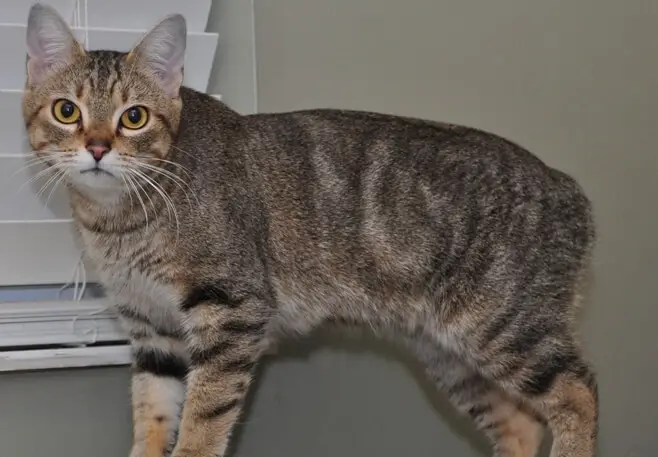
Turkish Angora
The Turkish Angora is a breed that’s found in the wild, and not bred in captivity. These graceful felines are both intelligent and intuitive. The breed can best be described as street smart, and possess excellent eyesight and sense of smell to spot a mouse even in the remotest corners of the house.
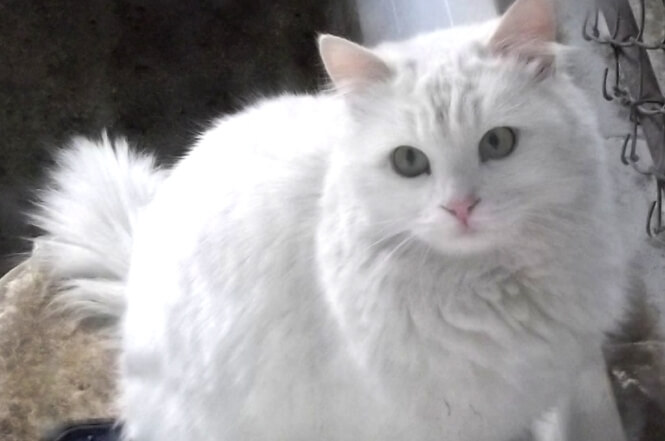
Japanese Bobtail
The Japanese Bobtail originally comes from Korea and are specially bred to keep the mouse away from the silk factories. These cats are hence trained for their job and are very adaptable to human touch. Japanese Bobtails can be great pets for adults and children alike.

Persian
Persian cats are usually considered the “pretty” breed, aka, “furniture with fur”. However, don’t be fooled by their apparent aesthetic beauty and grace, these felines can be absolutely brutal when it comes to catching mice. The female of the breed is particularly intelligent and gifted in the art of preying upon mice.
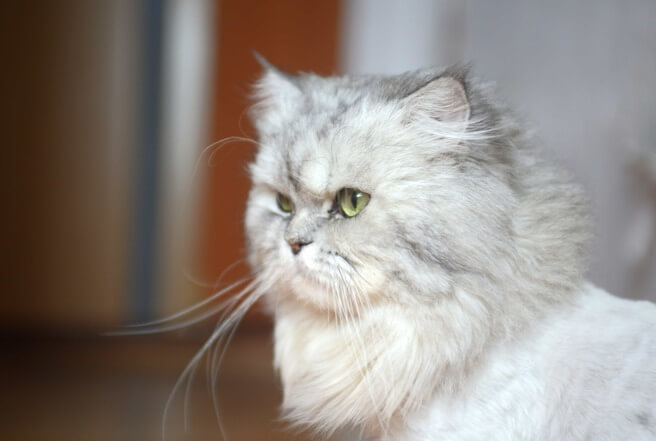
Where to Find a Good Hunting Cat?
Most animal shelters have feral, outdoor and hunter cats that you can adapt and train. If you live in a rural neighborhood, you can also check out the nearby farmyards for a litter of barn kittens. Others can go online and find felines from government-sponsored animal relocation programs.
Also, we recommend you opt for an adult hunter cat, as they are easier to manage and don’t take up a lot of your time. Kittens usually require a lot of care, but on the upside, an adjust better to the urban lifestyle. Local animal shelters are usually overflowing with stray cats which are usually spayed and vaccinated. Note, that spaying or neutering a cat in no way affects his hunting skills.
What to do when your cat catches a mouse?
Cats are efficient but very messy hunters. And what more, they love to flaunt their hunt. So, don’t be surprised if you find a dead or decapitated rat on the porch or even inside the house. Most cats ignore or forget about the carcass after the hunt. So, eventually, you will have to dispose of the dead mice to prevent any infections.
Sometimes, cats even bring home a live mouse and just play around it for a while before killing it. So, you have to be prepared for the blood, the gore and sometimes a showdown with a terrified rat scurrying about the house.
Other Natural Remedies to Get Rid of Mice
Simply having a cat around the house doesn’t really guarantee a mouse-free residence. Some cats can be absolutely disinterested in catching mice. Furthermore, the ones who do prey upon rodents can cause havoc in your homes. Here are some natural pet-safe alternatives to getting rid of mice that you can try out as well;
- Live mouse traps: you can make your own DIY trap using bottles, tin boxes and buckets or get one from the stores. As bait, you can use chocolates, cheese, peanut butter, crackers or other treats
- Mint: peppermint and the essence of eucalyptus oil are known to be natural pest deterrents. Growing mint around the house keeps the mice away effectively, as they cannot stand its smell.
- Spices: similarly, spices like pepper, cayenne, and cinnamon are some common household spices that drive the mice far away
Some Precautionary Measures
Keeping a cat, like any other pet, is a commitment. You also need to care for the animal and ensure that it is well-fed, cleaned and properly treated. Remember, you are getting a pet, and not merely a mouse-killing machine. Get the cat vaccinated regularly, also get regular check-ups done for infections.
Most cats, especially outdoor cats, and hunting cats are susceptible to parasites and bacterial infections from the mouse they hunt. Also, refrain from using poison for rodent control, as it can be fatal for the cat. There are high chances that your cat can be poisoned by eating the mouse infected by the poisoned bait.
The Bottom Line
No one really wants a rodent for a roommate. However, getting rid of these nasty pests is harder than you would think. For starters, mice reproduce pretty fast, and secondly, they’re pretty inconspicuous and hence hard to track. And what better way to control them than let nature take its course? Cats and other predatory animals can keep the rodent population in check, without causing any harm to the environment. Plus, cats are great as pets! It’s a win-win situation really.


